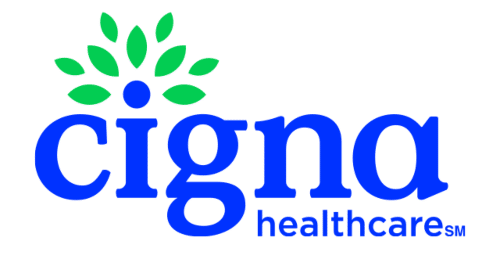Safe and Sound Treatment offers rehabilitation, commonly referred to as “rehab,” is a process of restoring someone’s physical, mental, and emotional health after a disease, injury, or addiction. Rehab can take place in various settings, such as hospitals, clinics, residential facilities, and outpatient centers. The goal of rehabilitation is to help individuals recover from their conditions, regain their independence, and live a productive and healthy life. There are numerous benefits of rehab that make it an essential part of the healing process.
Physical Rehabilitation:
Physical rehabilitation is often used to help individuals recover from injuries, illnesses, and surgeries. It can include various treatments such as physical therapy, occupational therapy, and speech therapy. Physical rehabilitation can help improve mobility, strength, flexibility, balance, and coordination, which can enhance the individual’s ability to perform daily activities.
Mental Health Rehabilitation:
Mental health rehabilitation is a vital aspect of rehab that addresses the psychological and emotional effects of illnesses, injuries, and addiction. It can involve counseling, psychotherapy, and medication management. Mental health rehab can help individuals manage their symptoms, cope with stress, and improve their overall well-being.
Addiction Recovery:
Rehab is often associated with addiction recovery. Rehab programs for addiction can help individuals overcome substance abuse, compulsive behaviors, and mental health disorders. They can provide various treatments such as detoxification, medication-assisted therapy, individual and group therapy, and aftercare planning. Rehab can help individuals develop the skills and tools they need to stay sober and avoid relapse.
Improved Quality of Life:
Rehab can help individuals achieve a better quality of life by improving their physical and mental health, social support, and independence. Rehab can provide the resources and support individuals need to resume their roles as parents, caregivers, and employees. It can also help individuals reintegrate into their communities and rebuild their relationships.
Cost-Effective:
Rehab can be a cost-effective way to manage chronic illnesses, prevent hospitalizations, and reduce the need for emergency care. Studies have shown that rehab can reduce healthcare costs by decreasing the length of hospital stays, preventing readmissions, and reducing the need for expensive procedures and treatments.
Rehab offers numerous benefits that make it an essential part of the healing process. It can help individuals recover from physical and mental health conditions, achieve a better quality of life, and reduce healthcare costs. If you or someone you know needs rehab, it’s essential to seek help from a reputable provider to ensure the best possible outcomes.


















